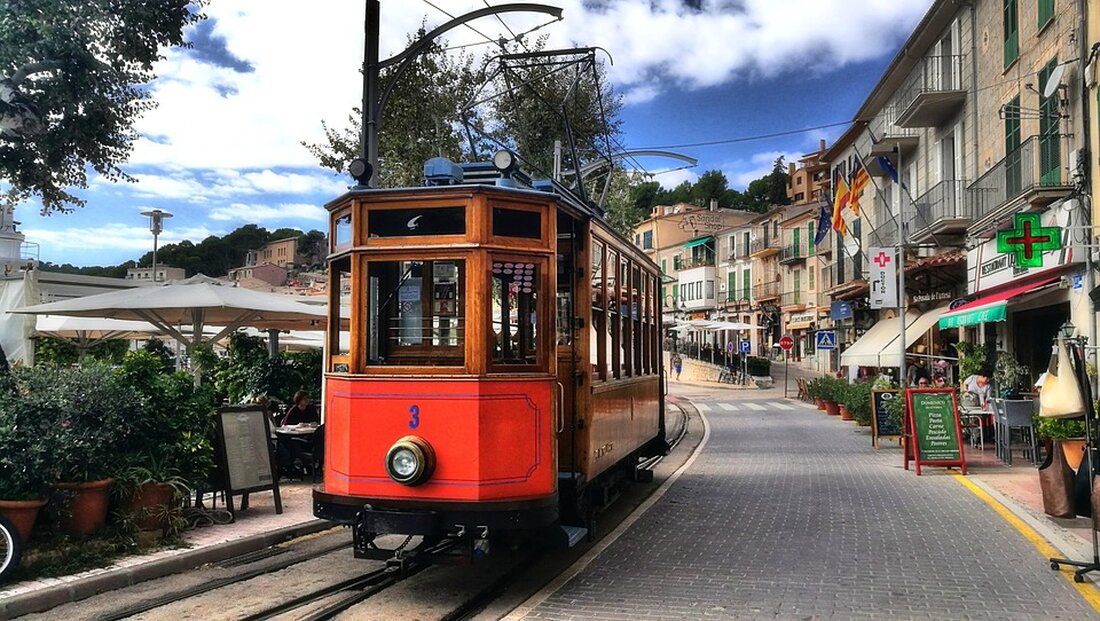Mallorca: Horse-drawn carriages are on the verge of extinction – what can tourists expect?
Vacation in Palma de Mallorca: Discussions about the ban on horse-drawn carriages from 2024 and the use of electric carriages.

Mallorca: Horse-drawn carriages are on the verge of extinction – what can tourists expect?
Holidaymakers traveling to Mallorca can look forward to unforgettable experiences in the capital Palma. The city attracts numerous tourists with its winding streets, numerous cafés and the impressive cathedral “Le Seu”. But the popular image of the city is accompanied by a controversial discussion about the use of horse-drawn carriages. These horse-drawn carriages have been criticized for years as animal rights activists denounce the conditions for the animals, which have to work in high temperatures. Calls for a boycott of horse-drawn carriages are circulating on Facebook, while opinions are divided in society. Some are calling for a ban on horse-drawn carriages because of animal cruelty, while others are defending the long tradition of horse-drawn carriages.
The Palma city council passed a resolution in 2022 to ban horse-drawn carriages by 2024 and to replace traditional carriages with electric carriages. This ban is intended to give carriage drivers, locally known as “caleseros,” time to switch to electric drives. Nevertheless, the profession is resisting the ban because they believe the animals are well treated and cared for. Manuel Vargas, a spokesman for the coachmen, vehemently protests against the ban. He emphasizes that the coach drivers act out of respect for their animals and that the allegations of animal abuse arose due to racist prejudices against the coach drivers, who are often of Roma origin.
Measures and controls
In response to ongoing criticism, the city of Palma has decided to introduce more controls rather than a total ban. Coach drivers are now required to provide veterinary certificates documenting the horses' vaccinations and treatments. In addition, license numbers must be clearly visible on the animals' harnesses, and the horseshoes must be made of rubber. These measures are intended to ensure that the animals do not suffer unnecessarily.
In addition, there will be clear regulations regulating the use of horses on hot days. If the Spanish weather service issues a warning level, the horses are not allowed to work, which is punishable by administrative offenses with fines of up to 1,800 euros. In the context of extreme temperatures, a cell phone video circulating on Facebook showing a horse collapsing at 40 degrees Celsius has further fueled the discussion about animal welfare conditions. Animal rights activists criticize that the horses often do not receive enough water and rest periods are not observed.
Future of carriage rides
The future of horse-drawn carriages in Palma seems uncertain. While the city council is introducing legislation to ban the use of horses in the city by 2024, alternative forms of transport, such as electric carriages, are already being considered. The discussion about horse-drawn carriages is not only spilling over to Palma; A similar debate is also taking place in Vienna. The city administration there has so far stuck to approving cabs, even if concerns about animal welfare have been expressed, similar to the Green Health Minister Johannes Rauch.
In Palma, the city council's decision of May 16, 2025 and the upcoming changes in the carriage system could soon change the landscape and the tourist experience in this popular holiday destination.
For more information on these developments, see derwesten.de and geo.de.

 Suche
Suche
 Mein Konto
Mein Konto